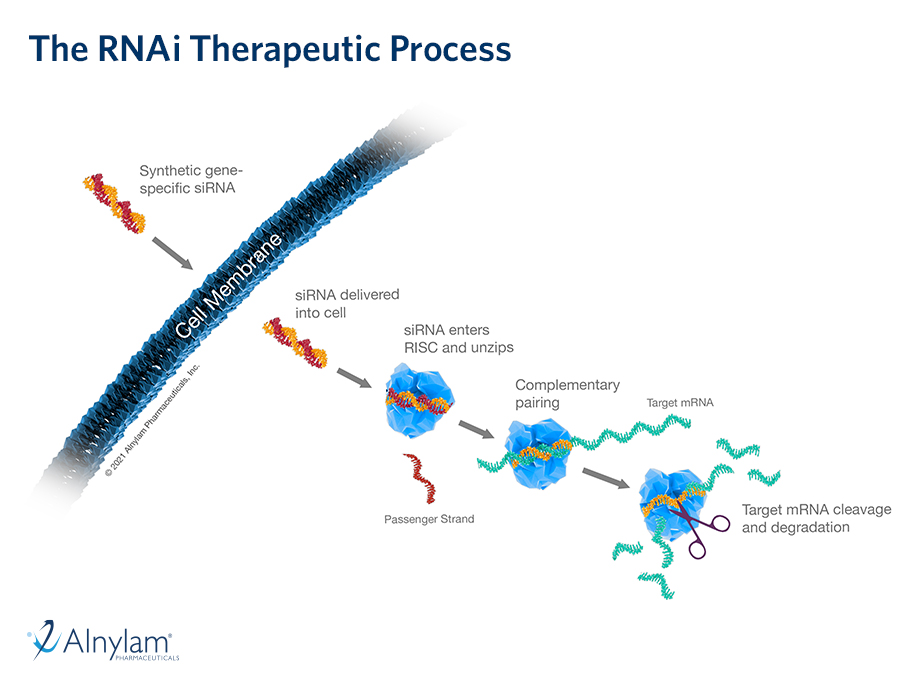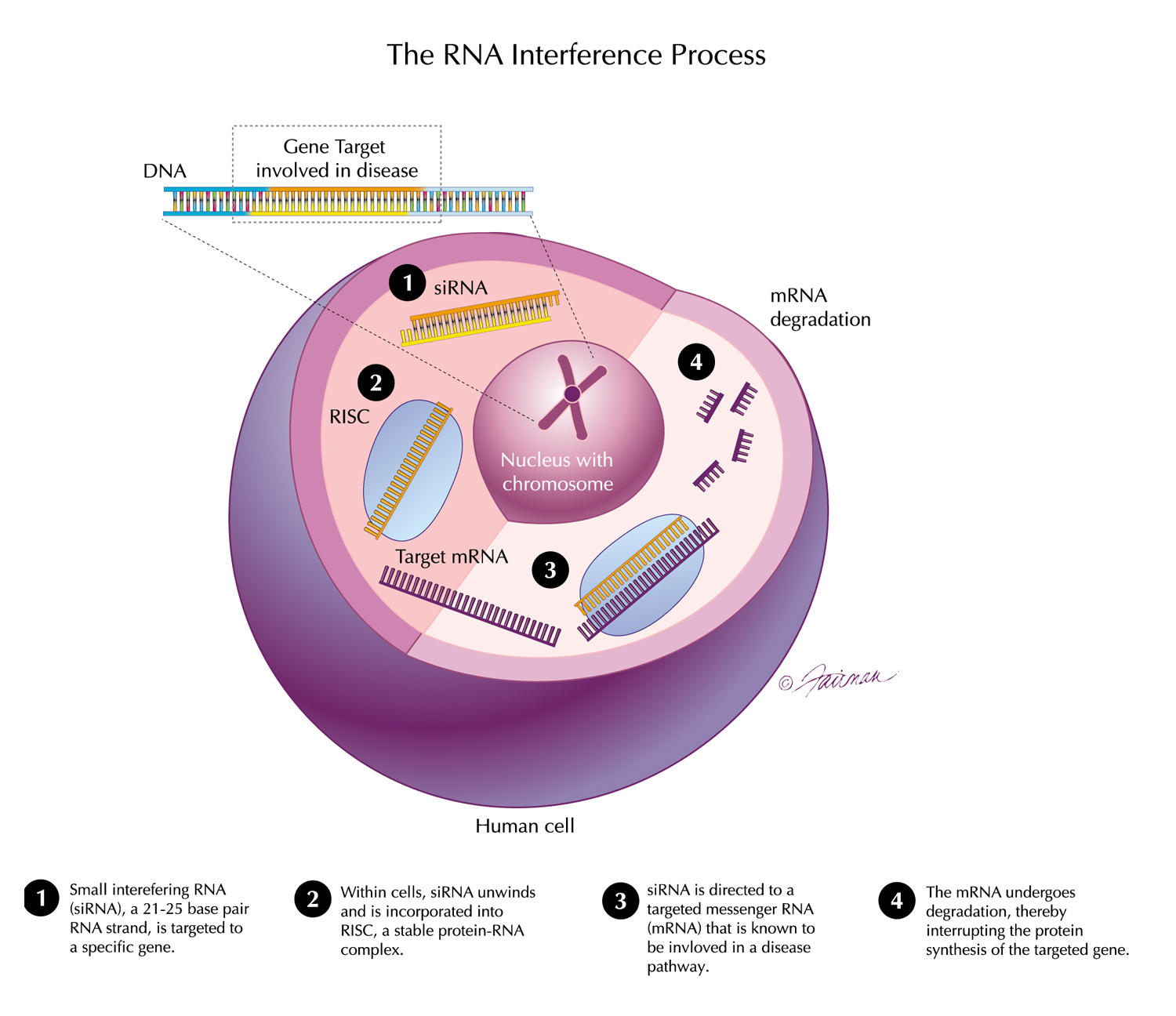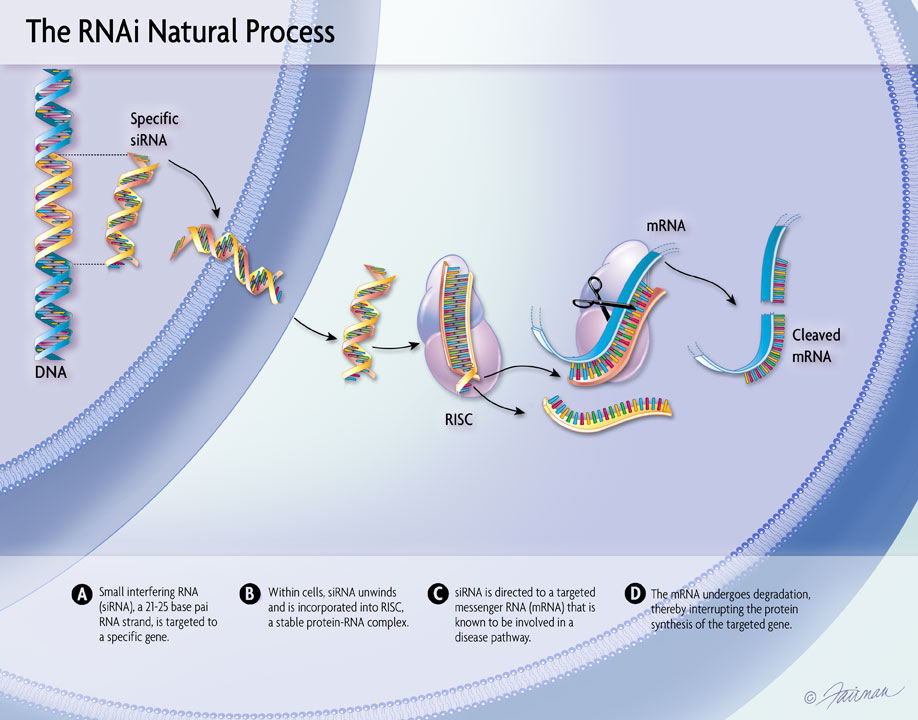
04 Jul, 2018 APOLLO Phase 3 Results for Patisiran Published in “The New England Journal of Medicine”
We have published results from the APOLLO Phase 3 trial of patisiran in The New England Journal of Medicine in a paper titled, “Patisiran, an RNAi Therapeutic, for Hereditary Transthyretin Amyloidosis.”
Read the paper in The New England Journal of Medicine
Relative to placebo, data from APOLLO showed that treatment with patisiran resulted in significant and clinically meaningful improvements in measures of polyneuropathy and quality of life. In addition, compared to baseline and after 18 months of patisiran treatment, improvement was observed in a majority of patients in the primary endpoint, mNIS+7 score (a composite measure of neuropathy), and in the key secondary endpoint, Norfolk QOL-DN (a quality of life questionnaire). The improvement in mNIS+7 was shown to be correlated with degree of TTR knockdown. Significant effects on muscle strength, activities of daily living, ambulation, nutritional status, and autonomic symptoms were also noted in patisiran patients relative to placebo. Moreover, patisiran patients with echocardiographic evidence of cardiac amyloid involvement at study entry demonstrated favorable effects on exploratory endpoints related to cardiac structure and function when compared to placebo.
A lower proportion of patients randomized to patisiran than placebo discontinued treatment (7% vs. 38%) and discontinued the study (7% vs. 29%). The incidence and severity of AEs and the frequency of serious AEs (SAEs) and deaths were similar in patisiran- and placebo-treated patients. Compared to placebo, patisiran treatment was associated with fewer treatment discontinuations (5% vs. 14%) due to AEs. The AEs occurring more frequently with patisiran than placebo were peripheral edema (30% vs. 22%) and infusion-related reactions (IRRs; 19% vs. 9%) both of which were generally mild to moderate in severity. IRRs decreased over time and led to study withdrawal in one patient (0.7%). No clinically-relevant changes in laboratory values related to patisiran treatment, including platelet counts and liver and kidney function tests, were observed during the study.
We appreciate the hard work of all involved, notably the patients and their caregivers who participated in the APOLLO study, and extend our gratitude for their dedication to advancing our knowledge of this disease, and bringing patisiran to the cusp of potential approval.


